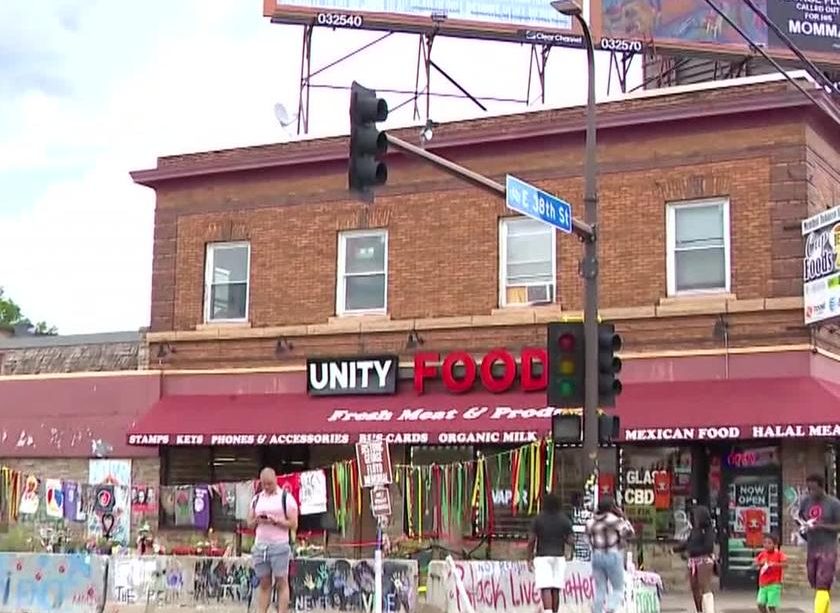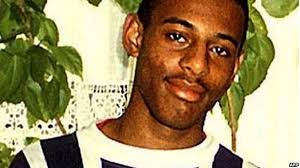George Floyd: A Catalyst for Social Change

Introduction
The death of George Floyd on May 25, 2020, remains a pivotal moment in contemporary history, igniting a global movement for racial justice and police reform. Floyd, a 46-year-old African American man, was killed during an arrest in Minneapolis, Minnesota when a police officer knelt on his neck for over nine minutes. His death, captured on video, not only sparked outrage across the United States but also resonated worldwide, highlighting systemic racism and prompting calls for change.
The Protests and Movements
Following Floyd’s death, protests erupted in major cities across the U.S., with demonstrations held under slogans such as “Black Lives Matter” and “I Can’t Breathe,” the latter echoing Floyd’s final words. The protests quickly spread to cities around the globe, with millions rallying against racial injustice and police brutality. In the UK, thousands marched in solidarity, showing that the issues of systemic racism are not confined to the United States.
Activist organisations and community leaders seized the momentum, advocating for comprehensive reforms including the defunding of police departments in favour of community-based alternatives, increased accountability for law enforcement officers, and measures to combat racism within social institutions.
The Impact of George Floyd’s Death
Floyd’s death has had significant legislative repercussions. In the wake of widespread protests, Congress introduced the George Floyd Justice in Policing Act, designed to combat police misconduct and improve transparency in law enforcement. Several states have also enacted policies aimed at banning chokeholds, increasing body camera usage, and revising qualified immunity protections for police officers.
While the act has faced obstacles in Congress, the push for reform continues to shape political discourse, energising voters and influencing local race platforms. In many municipalities, local governments have committed to reviewing their police practices and have begun implementing reforms aimed at reducing racial profiling and excessive force.
Conclusion
George Floyd’s death served as a wake-up call for many, exposing the urgent need for change in racial equality and justice systems globally. The legacy of his life and tragic death continues to fuel discussions about race relations and police practices. As nations grapple with these critical issues, the dialogue around systemic racism remains alive, suggesting that while strides have been made, the journey towards justice and equality is far from complete. The events surrounding George Floyd’s death remind us that advocacy for human rights remains a continuous effort, one that requires active participation from all levels of society.









